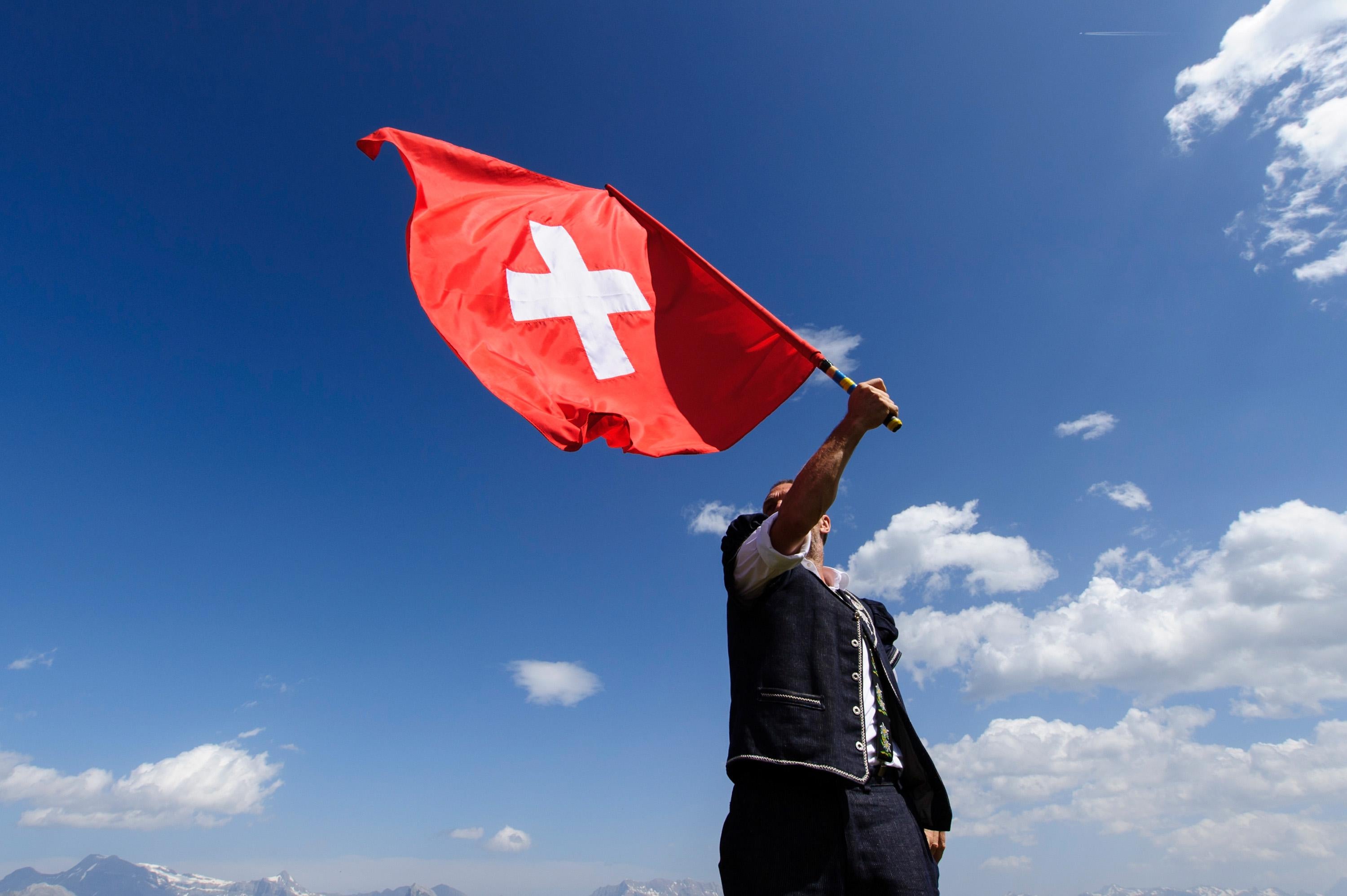Over the weekend, Swiss voters overwhelmingly rejected a referendum that would have created the world’s highest nationwide minimum wage, with 76.3 percent of them siding against the measure. The failed effort would have set the country’s pay floor at 22 francs per hour, which translates to $25 using market exchange rates, or about $14 adjusted for purchasing power, according to Bloomberg.
And frankly, I’m kind of bummed. As I’ve written here before, one reason we should all be at least a little wary of efforts to push the minimum up to $15 in places like Seattle is that there isn’t a whole lot of historical precedent, either here in America or abroad. According to the OECD, Luxembourg currently has the world’s highest minimum wage, adjusted for purchasing power, at $10.70 per hour.
With it’s enviably low 3.2 percent unemployment rate, Switzerland would have been a pretty safe place to test-run something more ambitious. After all, you’re talking about a generally high-pay country—only a tenth of Swiss workers earn less than the proposed minimum—where, even with some job losses, you’d still have a remarkably robust labor market. Alas, it’s not to be. The economics profession can only mourn.
